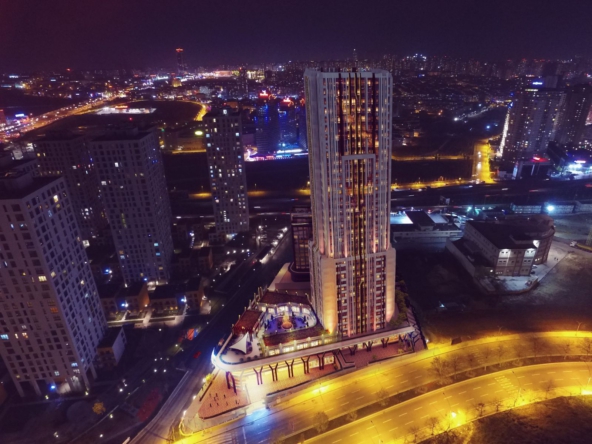This is one of the most frequently asked questions – how much will it cost to buy property in Turkey over and above the purchase price? We always advise our clients to budget 7% – 8% to be added on top of their property purchase price to cover all expenses and additional costs of purchase. We should stress that these are one-off costs of purchase, which means you only pay them once, that’s when you buy. Ongoing costs of property ownership, such as taxes, maintenance fees, etc are considerably low in Turkey, around one third of Spain and less than a quarter what it would cost in France.
It is best to illustrate applicable costs of purchase by providing a case study. If you bought a home in Turkey in 2014, the following will be the fees and costs you will pay on top of the price.
Assuming that the property is purchased for Euro 200,000, then your purchase costs will be around Euro 15,000 on top (give or take).

Stamp Duty
Also known as Turkey property buying tax, this amounts to 4.4% of the assessed value of the property. The assessed value of the property normally comes in at around 60% of the purchase price. Stamp duty is payable upon the registration of the property title deed in your name. Therefore if you are buying an off-plan property in Turkey – you won’t need to worry about paying this until the completion of the property.

Assessed value is also known as declaration amount of a property. Under-declaration is very common in Turkey and almost expected. Therefore, tax authorities have a method of testing reasonableness of declarations. On average 50-60% of actual market value is accepted as reasonable. Therefore your stamp duty will most often be around 50-60% of 4.4% of your purchase price. For sake of being conservative, we advise our clients to account for 60% of value for their stamp duty, therefore expect to pay around 4.4% x 60% which is 2.6% of purchase price as purchase tax (stamp duty).
Note – the pie chart looks at various components of property purchase costs in Turkey and displays them as a % of total cost. This is to say 53% of your total purchase cost will be stamp duty, 37% is your buyer fee (agency fee – standard 3% of sales price in Turkey as prescribed by law) and around 7% for legal fees such as lawyers fee.
Using the same case study above, if you purchase a house in Turkey for Euro 200,000 your total one-off purchase costs are not likely to exceed Euro 15,000, which is 8% of purchase price as a maximum. It could be slightly lower depending on declared value for stamp duty, however, unlikely to be higher.
Solicitor/legal fees
Generally, a real estate solicitor in Turkey will charge £1,000 (around Euro 1,200) for services used. However this can vary from time to time due to the complexity of the transaction and property purchase. Legal fees are payable upon the signing of your property purchase contract.
Agency fee (buyer fee)
A 3% agency fee is paid in Turkey as standard. However be wary of companies who will try to charge a higher fee from you. At Property Turkey we will never charge more than the standard 3% fee for our work and assistance in your property search. Agency fees are also payable upon the signing of your property purchase contract as standard.
Other approval and paper work
Miscellaneous paperwork and other approvals on the property normally amounts to around Euro 500 in total.
The overall fees involved in buying a property in Turkey are relatively cheap when compared with other European nations such as Spain, Italy, and France where you can expect to pay anything from 10-20% extra in fees. This makes buying a property in Turkey a luxurious option for many investors and people looking for holiday homes, retirement homes, or a life in the sun.
VAT is also payable when buying real estate in Turkey, however this will always be part of the purchase cost so will be included in the sale and no extra costs will be needed from you.
Once you have purchased your new home in Turkey, you naturally will want to know how to go about managing and maintaining it as well as associated costs and fees. For reading on how to manage and maintain property in Turkey, refer to relevant reading here.





